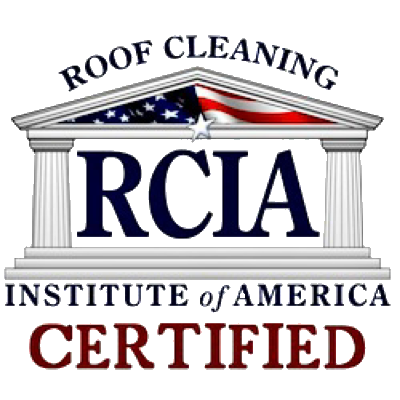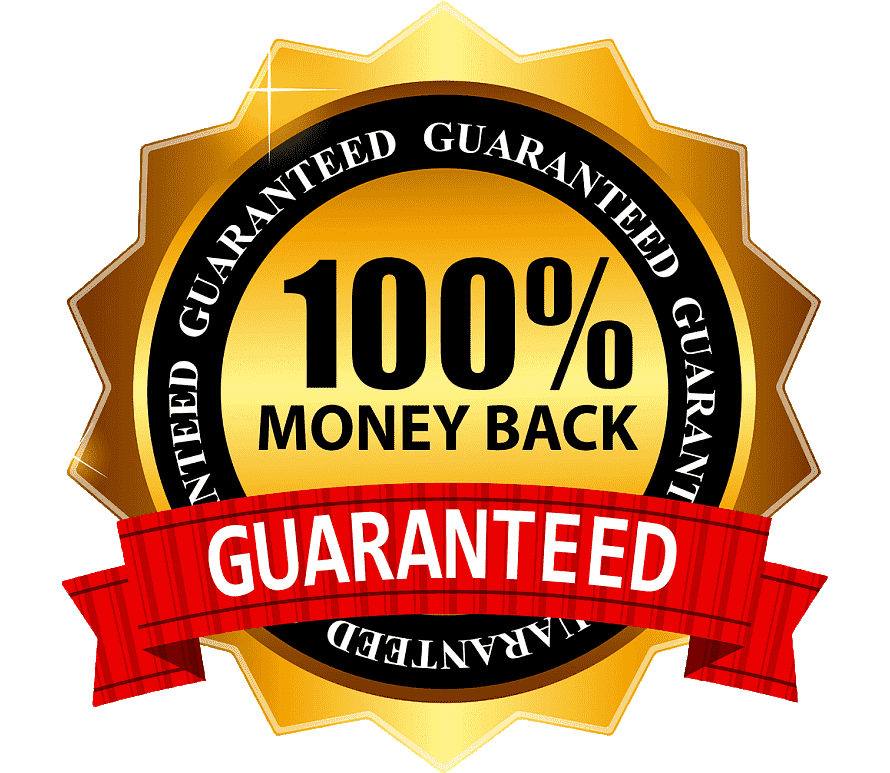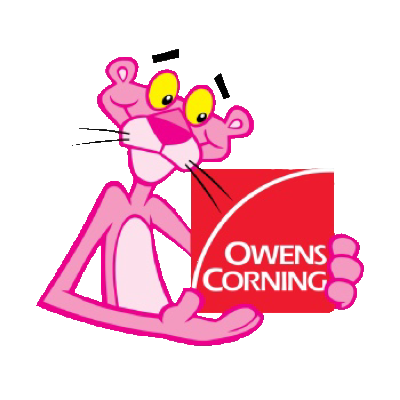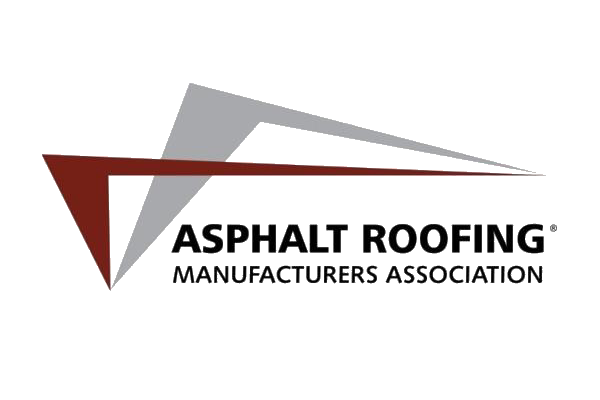Soft Washing Services
When an exterior surface or material needs a thorough cleaning, many immediately think of power washing. Power washing helps restore surfaces to their former glory by removing stains caused by dirt and other grime. But, it is not always the answer to your problems.
While traditional power washing is effective for portions of your home, soft washing is often recommended for more delicate surfaces. This includes areas such as roofs, sidings, windows, awnings, patio covers, fences, and garage doors.
What Is the Soft Washing Process?
Soft washing is a gentler approach to power or pressure washing. Rather than using highly pressurized water, the soft washing approach combines a low-pressure water system with effective cleaning solutions. The end result is the same — sparkling clean surfaces. And because you are dealing with delicate materials, soft washing will not cause property damage.
At Power Washing Genie, here are the components of our soft washing process:
Equipment:
Power Washing Genie technicians use professional-grade soft washers to clean delicate surfaces in your home. Our heavy-duty machines are strong and efficient so we are able to deliver quick and thorough results.
Accessories:
Power Washing Genie is equipped with different spray guns, lances, and nozzle tips, as well as ladders and lifts, so that our soft wash system can reach high surfaces like the roof and every type of corner or crevice that your home might have. We use specific attachments based on the needs of different areas in your home’s exterior.
Water Pressure:
Our soft washing systems can be adjusted to deliver 500 PSI or less — which is ideal for cleaning delicate exterior surfaces. It is very gentle but still effective in removing dirt, dust, mold, mildew, and other contaminants.
Cleaning Solutions:
Our proprietary blend of soft wash cleaning solution is strong enough to handle even the most stubborn stains. It is also biodegradable and safe for the environment.
When to Use Soft Washing
Not all surfaces are made alike. Some are durable and easy-to-maintain, while others are more delicate and high-maintenance. When dealing with the latter, soft washing is a better and more effective cleaning method. Here are surfaces that are suited for soft washing:
Brick
Brick is a porous material and can be badly damaged when exposed to high-pressure water. Rather than rely on water pressure, soft washing will use detergent to effectively remove stains and buildup from brick surfaces. Apply the cleaning solution for 5 to 10 minutes, then rinse off using 500-1,000 PSI.
Roof Shingles
The granules on top of roof shingles serve as a protective layer against UV rays and other natural elements. Pressure washing can damage this layer and weaken the structural integrity of the roof. In addition, water can go in between shingles which can encourage the growth of mold, mildew, and algae. Soft washing can effectively clean roof shingles without causing significant damage. Use effective cleaning solutions and stick to 500 to 1,000 PSI.
Glass
Soft washing is a gentle cleaning method that’s ideal for delicate glass surfaces. It can remove all the dirt, dust, and grime without causing any breakage or damage. The use of cleaning solutions also helps give glass surfaces a squeaky clean appearance.
Wood
Wood is a popular material for panels, decks, and other exterior surfaces. Over time, it can develop black and green stains, as well as mold, mildew, and algae. Pressure washing is not ideal because it can leave wood surfaces damp, thus making it conducive to microorganism overgrowths. The best way to clean wood surfaces is by combining low-pressure water and potent cleaning & disinfecting solutions.
Stucco
Stucco surfaces, particularly those made from acrylic resin, can be damaged by high-pressure water. Soft washing provides the same level of clean as pressure washing — but without risking the quality of the stucco surfaces. Apply a cleaning solution for 5 to 10 minutes. After the stains and buildup have been dislodged, use low-pressure water to rinse the stucco surfaces.
Surfaces with Mold, Mildew, and Algae
When dealing with mold, mildew, algae, and other hazardous materials, high-pressure water is often not enough. In some cases, pressure washing may remove these microorganisms but only for them to come back with a vengeance. To really remove mold, mildew, and algae, you need to use chemicals that will kill the microorganisms and prevent them from coming back. This can be easily accomplished through soft washing.
Benefits of Soft Washing Your Home
Commercial soft washing systems are often more expensive than boxed pressure washers, but there are plenty of reasons why. Soft washing has some undoubtedly clear benefits, such as:
Lower Risk of Damage
Both power and pressure washing use high pressure to clean surfaces. But, this high level of pressure can be too rough on certain materials like roof shingles and painted wood. It can even loosen the mortar between bricks and pavers, resulting in damages that will cost you more money down the road. Soft washing is a much safer and less harsh solution.
Avoid Leaks
Water damage is a huge issue among homeowners. Using too high a pressure level on materials like siding can shoot water underneath and cause leaks. Because these leaks are largely unseen, you may remain unaware of the damages until it’s much too late. With lower-pressure soft washing, you can easily avoid these problems.
No Discoloration
Another common problem that comes with high-pressure washing certain materials is discoloration. Increased pressure can cause permanently discolored brick, stone, and even concrete. Soft washing is a gentle cleaning method that promises to retain the material’s original color and form.
Deeper Cleaning
Oftentimes, pressure washing requires no cleaning products because the sheer force of the water knocks dirt and grime off surfaces easily. However, this usually only removes the outer layer of filth. Soft washing uses a combination of low-pressure washing and effective cleaning solutions for deeper and long-lasting results.
Sustainable
A popular argument against pressure washing, though incorrect, is that it’s bad for the environment due to the amount of water it uses. The truth is, pressure washing uses about 70% less water compared to cleaning your house with a garden hose, which is already an impressive feat. But, soft washing saves more resources by using even less water than pressure washing.





